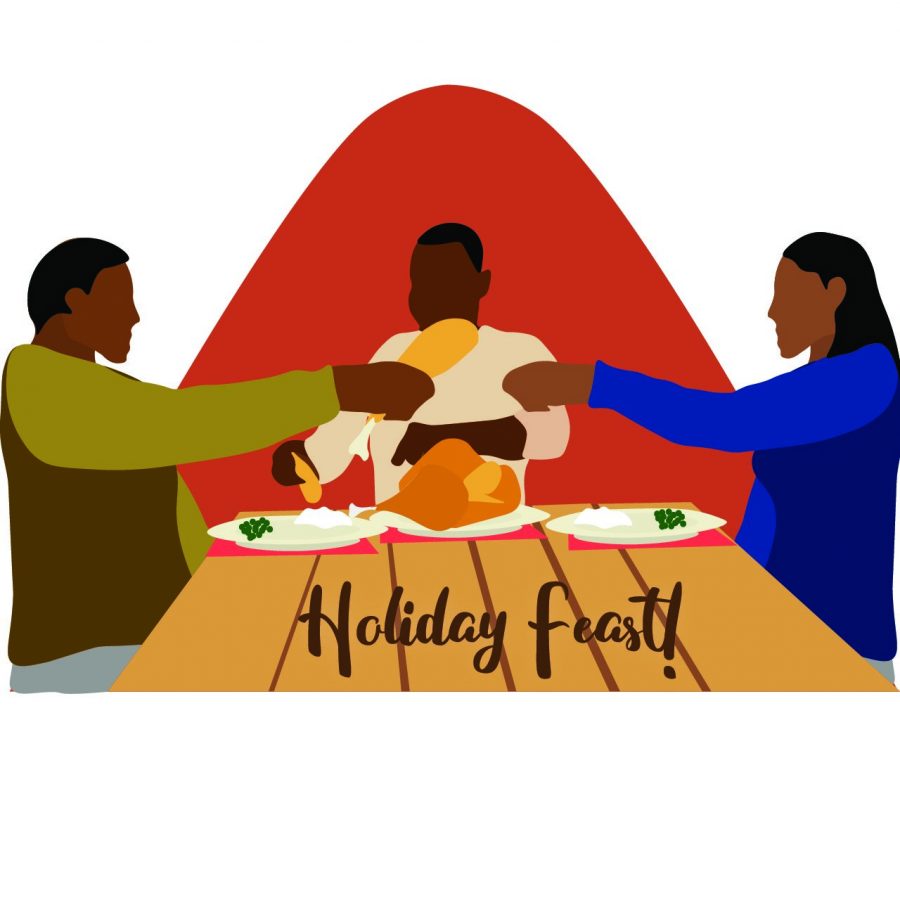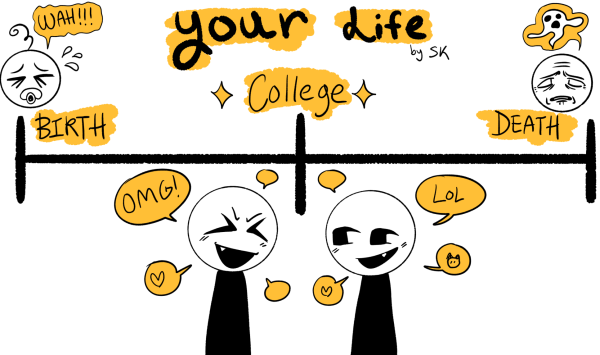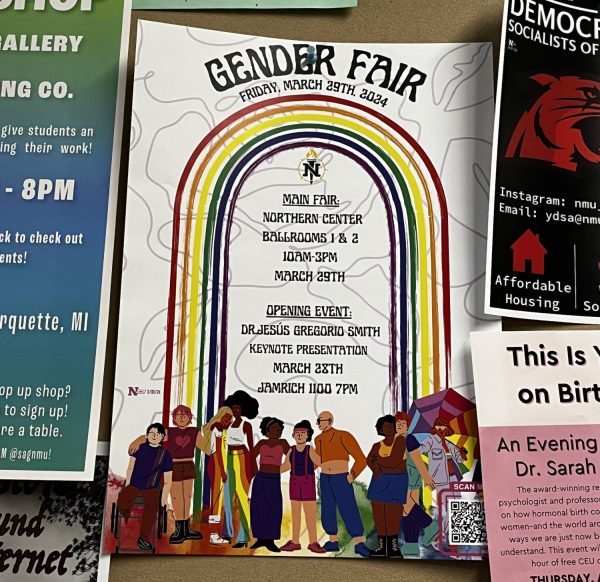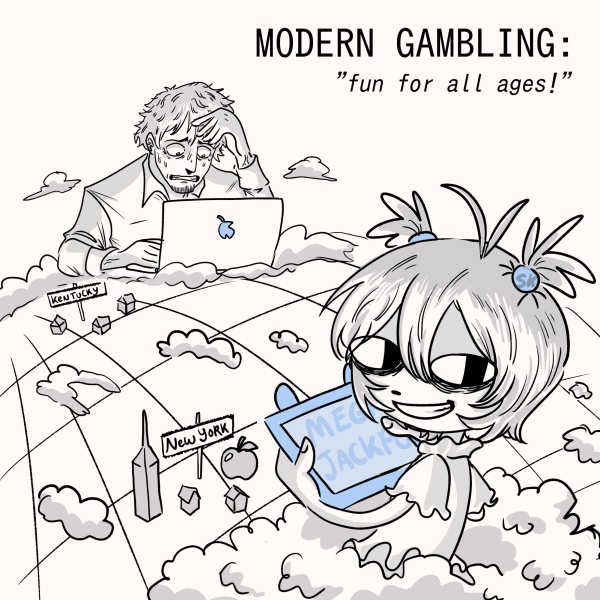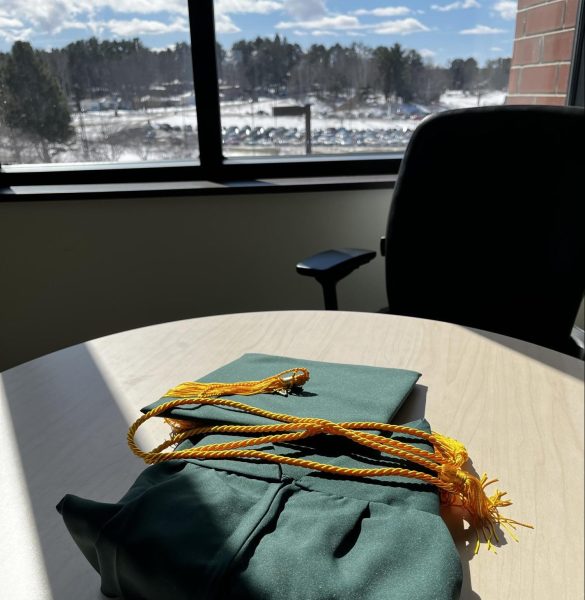Editorial—Generation Z and the holidays
December 3, 2021
The generation which is currently coming of age relates to holidays with a different attitude from previous generations. Many factors play into our collective view towards holidays, including how we see the origins of holidays, our efforts to be more inclusive with multicultural celebrations, political divides in family gatherings and even our experiences with COVID-19.
In general, young adults in our generation tend to value an inclusive view of holidays. However, for some families, the holidays have become more stressful. Celebrations with a religious history (such as Christmas) or a darker historical history (such as Thanksgiving) have generally been turned into generic family gatherings with little to no emphasis on their backgrounds. Differing ideologies among family members can make these forced intergenerational gatherings stressful for some people.
Our cultural sensitivity and awareness makes the overt prejudices of family members much more uncomfortable and stressful when they occur around the holidays. As we become more conscious of our own biases and intentionally inclusive of other cultures and perspectives, we notice the lack of this growth in some of our family members. Our grandparents were often raised in a society that tolerated, and consistently enforced, microaggressions against Black people, Native Americans, Latinx individuals and LGBTQ+ people, among others. These biases can often make prolonged family gatherings uncomfortable.
However, when we notice the biases of previous generations, perhaps these instances can also provide small educational moments. When we encounter prejudice in our family members, especially around the holidays, it can be more stressful to call them out than if it were with a friend or a stranger. But sometimes an understanding can be reached and a connection can be made. Having a conversation with a family member you disagree with can actually be a very productive experience.
For the mainstream, Thanksgiving and Christmas come to mind as the holidays that are celebrated at this time of year. However, as a society we’re gradually recognizing that there are other holidays and events that bring different groups of people together. We’d like to think that young adults today are more inclusive when it comes to considering everyone’s thoughts and feelings.
For some young people, tensions during the holidays can make the celebrations lackluster, or even difficult to tolerate. This can cause a lack of investment in our family’s holidays, even a feeling of ambivalence or avoidance of family functions. It’s true that these events can create educational moments. Sometimes, these things are stressful because of the lack of growth, but sticking with it and trying to get people to grow and become more inclusive is crucial.





















